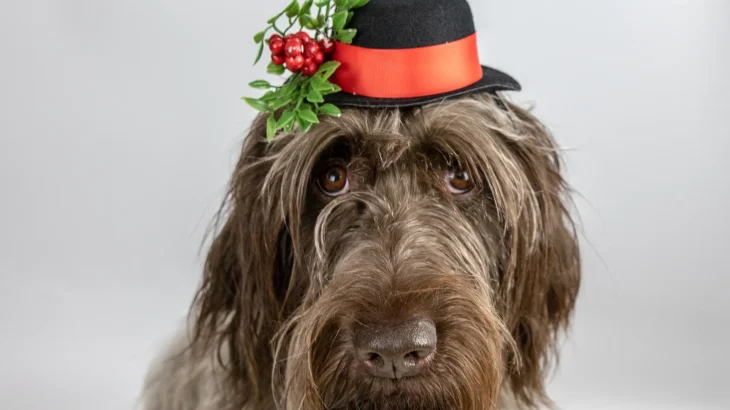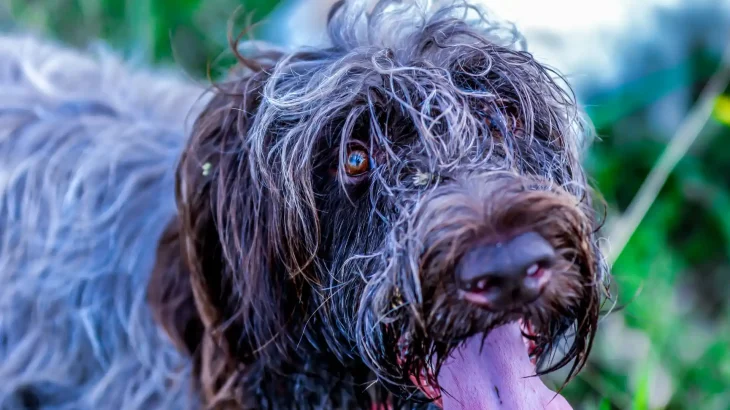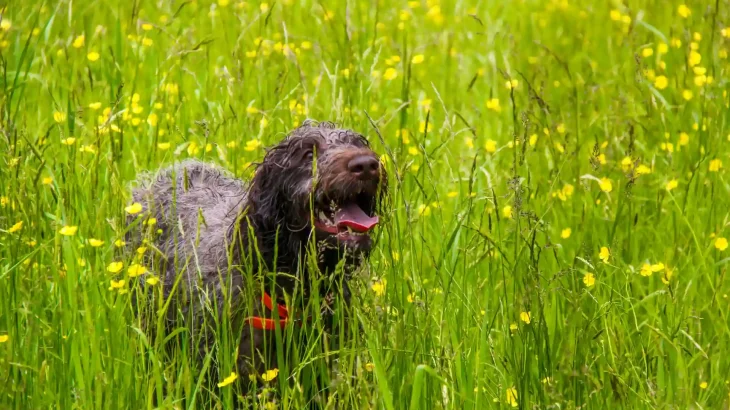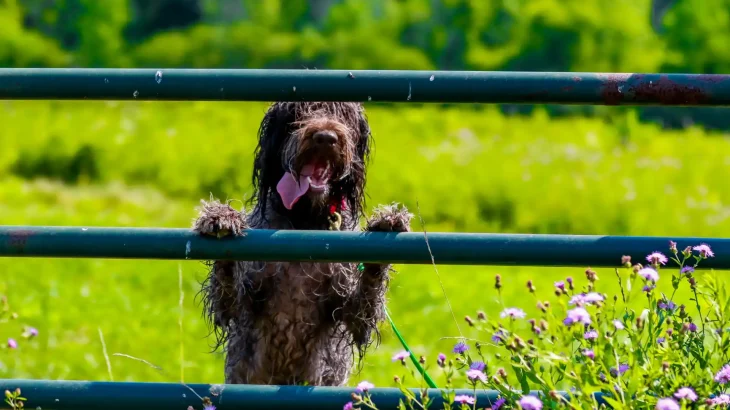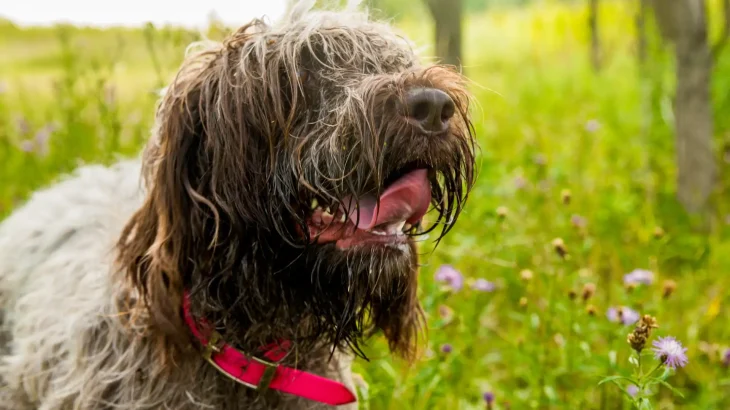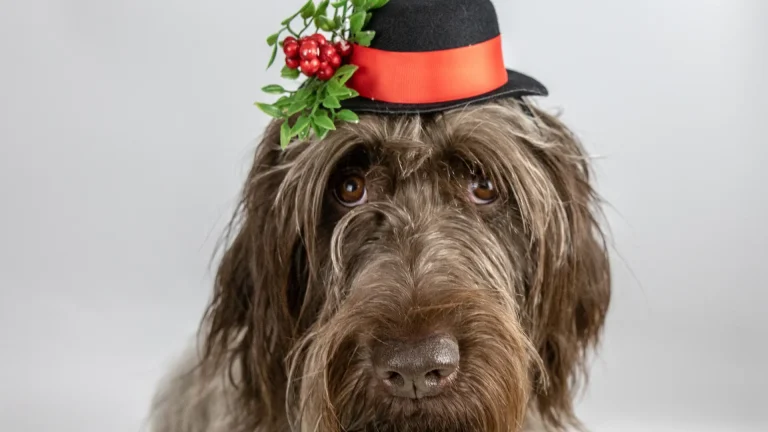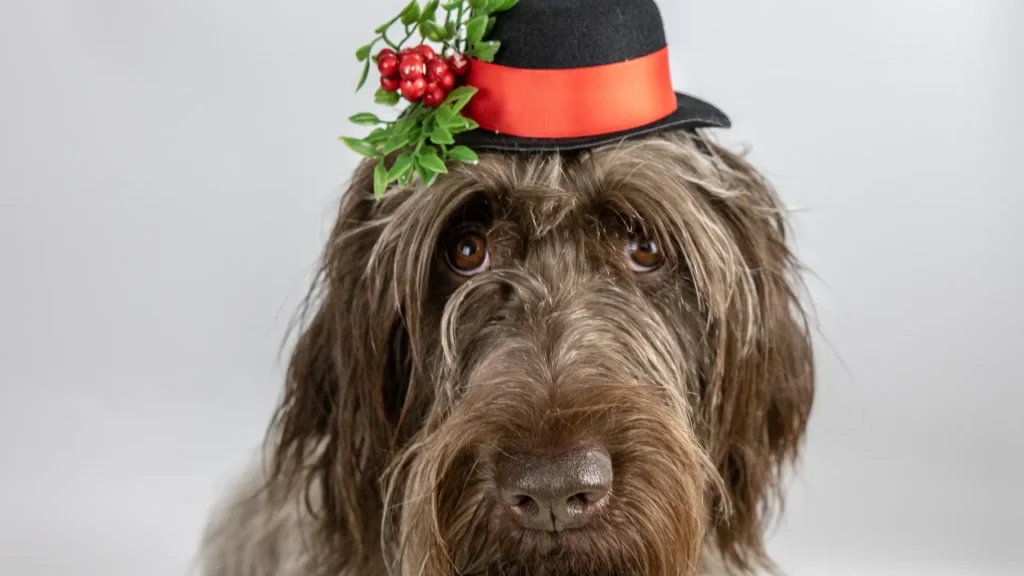When deciding to bring a Pudelpointer puppy into your life, you might wonder whether to adopt or buy from a breeder. Each choice has its unique benefits and considerations, especially given that Pudelpointer puppies are less commonly found and may require some extra legwork to source responsibly.
Adoption vs. Breeder: Pros & Cons
| Criteria | Buying from Breeder | Adopting from Shelter/Rescue |
|---|---|---|
| Cost | Higher cost, typically around $1,000 due to breed rarity and quality assurance. | Lower fees, generally just covering care and administrative costs. |
| Health History | Comprehensive health records and screenings including hip dysplasia X-rays often provided. | Health history may be incomplete; basic health checks performed by rescues. |
| Age Availability | Primarily puppies, providing an opportunity to raise the dog from an early age. | Varied ages available, including adults which might be easier to adopt. |
| Temperament Insight | Breeders can share detailed lineage temperament traits and early socialization practices. | Temperament may be partially known from foster or shelter observations but less predictable. |
| Supporting Practices | Supports continued breeding programs, but important to choose ethical breeders to avoid puppy mills. | Supports animal welfare by providing homes to dogs in need and reducing shelter populations. |
| Risk of Genetic Disorders | Lower when breeder adheres to breed standards and genetic testing. | Higher unpredictability as background is often unknown. |

